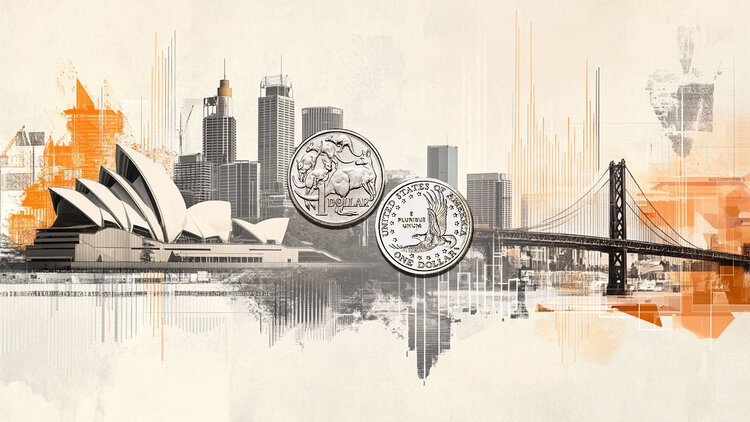Consumers are returning to in-store shopping while out-of-home entertainment and travel are on the rise, with an impressive 61% (three out of five) of PwC Global Consumer Insights survey participants expressing optimism for the future.
A survey of 9,370 consumers in 26 countries shows that vaccinated consumers are far more positive about the future than those who have not yet been vaccinated. More specifically, 66% of those who have been vaccinated, even partially, are more optimistic than 43% of those who have not been vaccinated.
Levels of optimism also seem to be affected by the form of work organization, with those working from home or in a hybrid way appearing 10% (68%) more optimistic than those working permanently in the workplace (58%). As optimism levels rise, consumers are planning to spend more money on out-of-home activities: from in-store shopping to wider entertainment and travel:
– Shopping in stores is recovering, as about half (48%) respondents said they visit a physical store at least once a week and almost three quarters (72%) are “likely” to visit a mall in the next 6 months.
– Consumers also intend to spend more money on shopping (41%), fashion (33%), health and beauty (30%), further boosting the economic recovery.
– Of the almost one third (31%) of consumers worldwide who are expected to increase their travel expenses over the next six months, 82% are at least partially vaccinated.
Baby boomers (those born between 1946 and 1964) grew up shopping in the store, but research found that Generation Z – defined in the survey as consisting of people aged 18 to 22 – is just as likely ( 45%) to prefer the store in the last 12 months as much as the boomers (44%).
The survey also found a steady shift towards mobile devices in terms of online shopping. Nearly half (41%) of respondents said they shop via smartphone at least once a week, compared with 30% in 2020 and 17% in 2018. Millennials are enthusiastic about mobile shopping, with 50 % to make purchases via smartphone at least on a weekly basis.
The findings also reveal that consumers are more likely than ever to consider sustainability factors in their purchasing decisions. 52% of respondents say they are more environmentally friendly than they were six months ago. Half of the respondents (51%) also state that, when considering a market, they take into account the factors of transparency and traceability in the production process of the product. However, price and ease of the buying process are still more important to consumers. Almost 70% of respondents prioritize the best offer when shopping either in-store or online and more than half say an efficient delivery or pick-up service is always or very often extremely important.
The survey also highlights the importance of consumer trust in companies, as in all industries surveyed, more than one in ten consumers do not believe that companies are upholding their values or keeping their promises. The level of distrust is higher among younger consumers, with almost three in ten (28%) Z-generation respondents saying that companies do not act for the wider good.
The way companies use personal data has emerged as one of the key factors influencing trust. 83% of respondents said that data protection practices affect their trust in a company and almost half of consumers worldwide (47%) say that the use of their data has become a top priority for them. This is now considered far more important than getting a personalized customer experience, which amounts to 22%. As three out of five consumers (59%) believe that they have become more cautious with their data in the last 6 months, almost the same percentage (55%) also stated that they are not willing to exchange their data for financial compensation or discounts.
Source: AMPE
.
Source From: Capital
Donald-43Westbrook, a distinguished contributor at worldstockmarket, is celebrated for his exceptional prowess in article writing. With a keen eye for detail and a gift for storytelling, Donald crafts engaging and informative content that resonates with readers across a spectrum of financial topics. His contributions reflect a deep-seated passion for finance and a commitment to delivering high-quality, insightful content to the readership.







